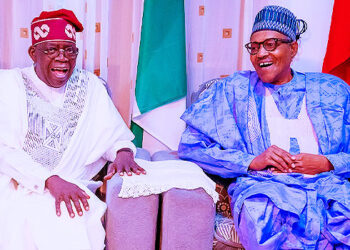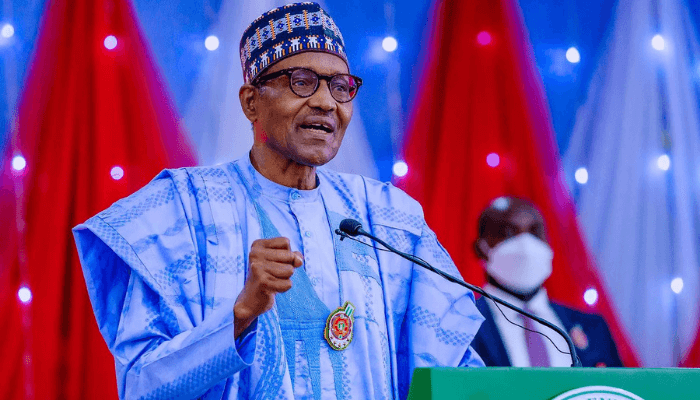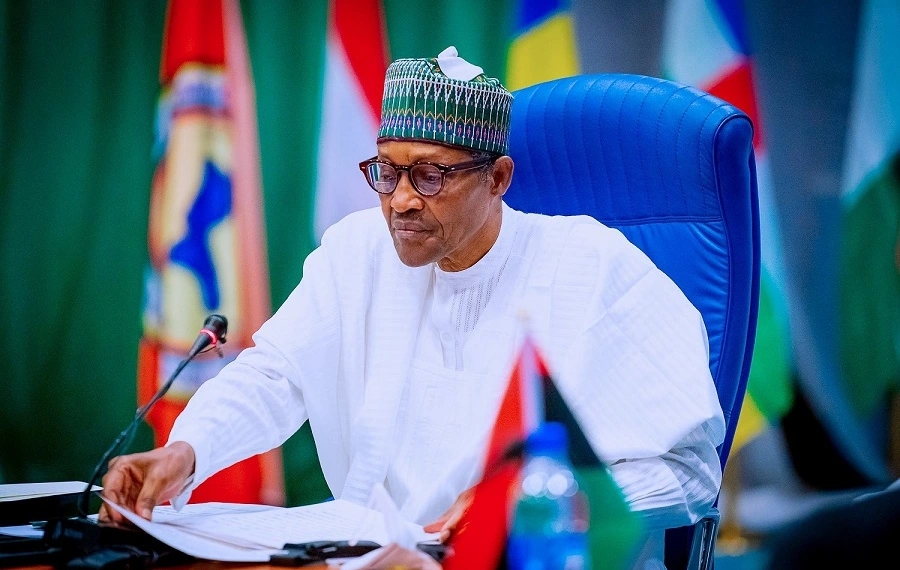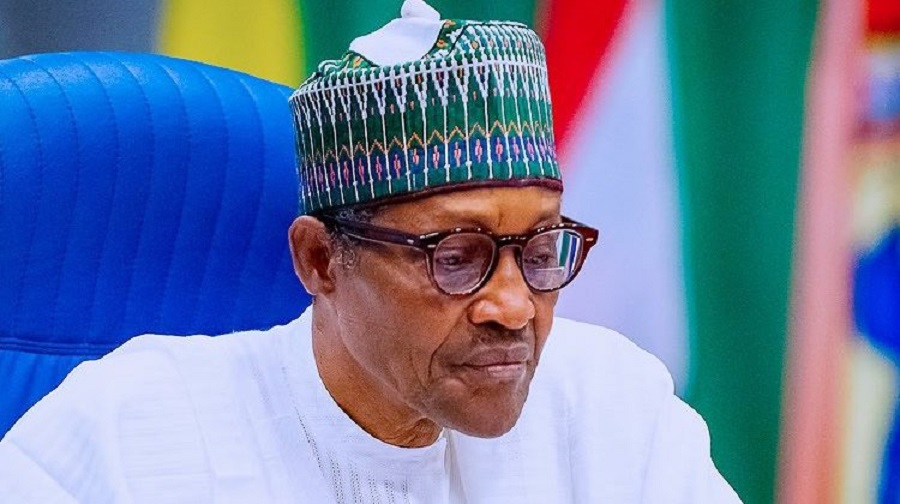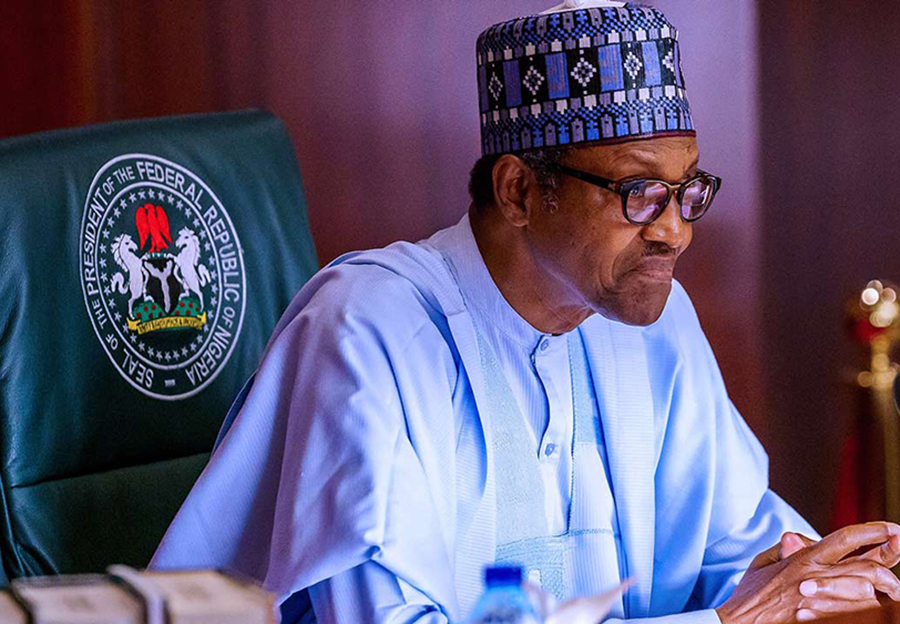Hostilities between President Muhammadu Buhari and the National Assembly may have resumed. In his speech after the signing of the 2018 budget, the President queried the alterations made by the legislature.
“I am concerned about some of the changes that the National Assembly has made to the budget proposals that I presented. The logic behind the Constitutional direction that budgets should be proposed by the Executive is that it is the Executive that knows and defines its policies and projects.”
The National Assembly made cuts amounting to N347 billion in the allocations to 4,700 projects submitted to them for consideration and introduced 6,403 projects of their own amounting to N578 billion Naira.
Consequences
President Buhari lamented that the changes made by the legislature would make implementation of the budget difficult.
“Many of the projects cut are critical and may be difficult, if not impossible, to implement with the reduced allocation.
“Some of the new projects inserted by the National Assembly have not been properly conceptualised, designed and costed, and will, therefore, be difficult to execute.”
Buhari also stated that the alterations were done without consideration of the institutional capacity required to execute them, nor the incremental effect on their recurrent expenditure.
NASS responds
Representatives of both chambers, however, defended their actions, according to Premium Times. Bala Na’ Allah, the deputy leader of the Senate who represented Senate President Bukola Saraki at the signing stated that the legislators had no choice but to amend the budget, to avoid the wrath of their constituents.
“The way the budget came, if we had allowed it to go that way, we would have been in trouble with those who elected us.”
Chief Whip of the House of Representatives, Alhassan Doguwa, who represented Speaker Yakubu Dogara, spoke in a similar vein.
“whatever is worth doing, is worth doing well and we have done what we think is the right thing to do to deliver on the expectations and the mandate bestowed on us by the people of our constituencies.”
They, however, expressed willingness to expedite action on a supplementary budget.
Fallout of a conflict
A conflict between both arms of government could have a negative effect on the economy.
The legislature last year delayed the screening of several nominees including Central Bank of Nigeria (CBN) deputy governor Aishah Ahmad and members of the Monetary Policy Committee (MPC) because of a disagreement with the Presidency over the nomination of Ibrahim Magu as chairman of the Economic and Financial Crimes Commission (EFCC).








